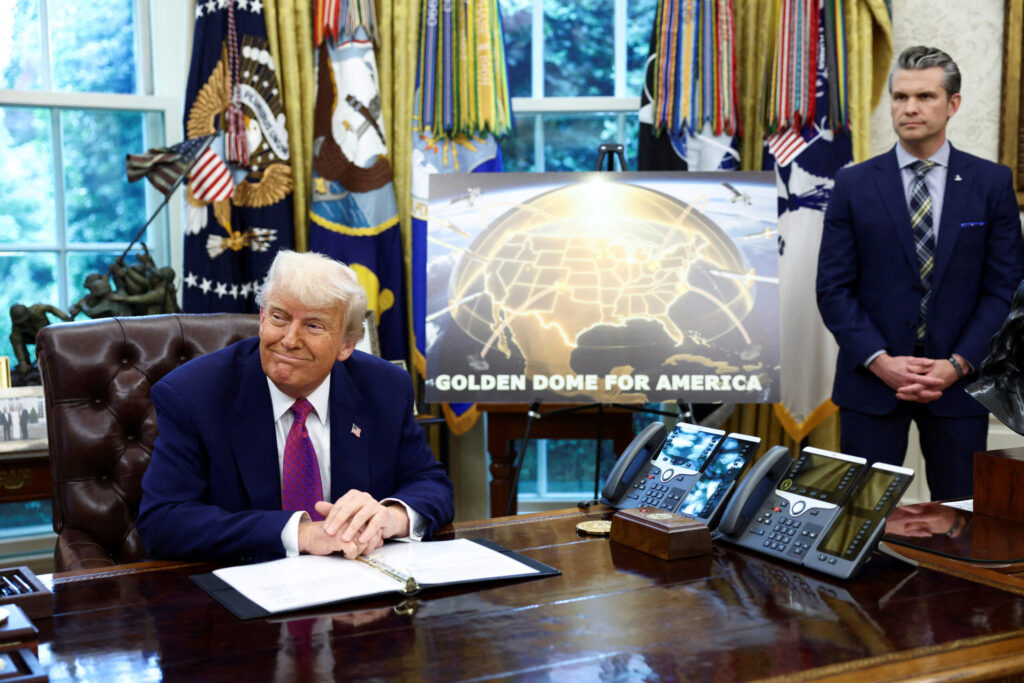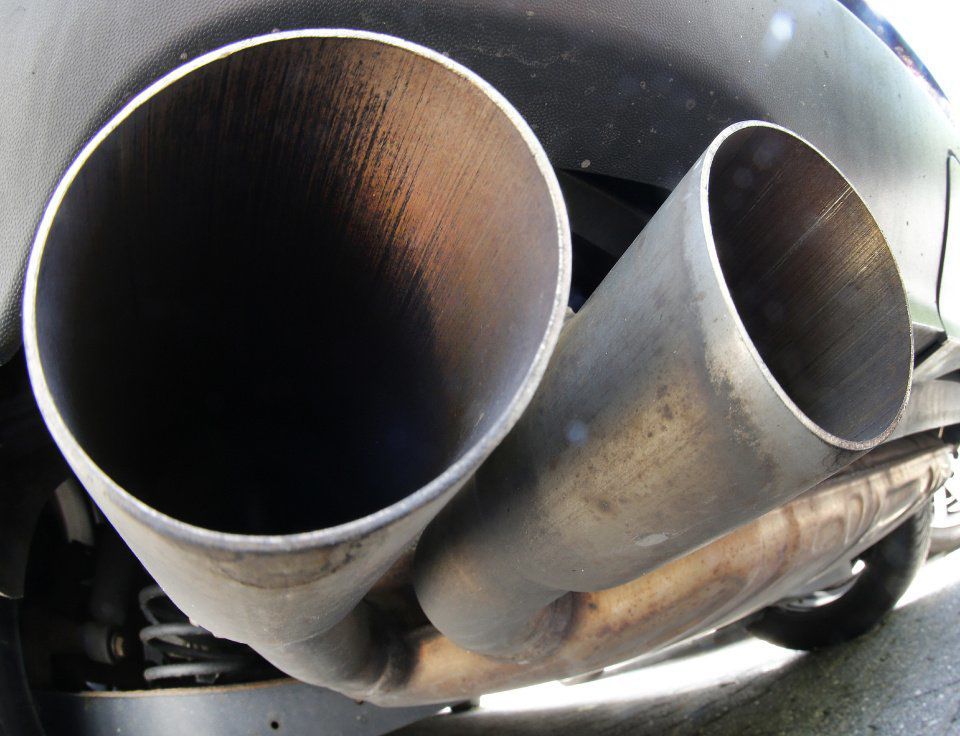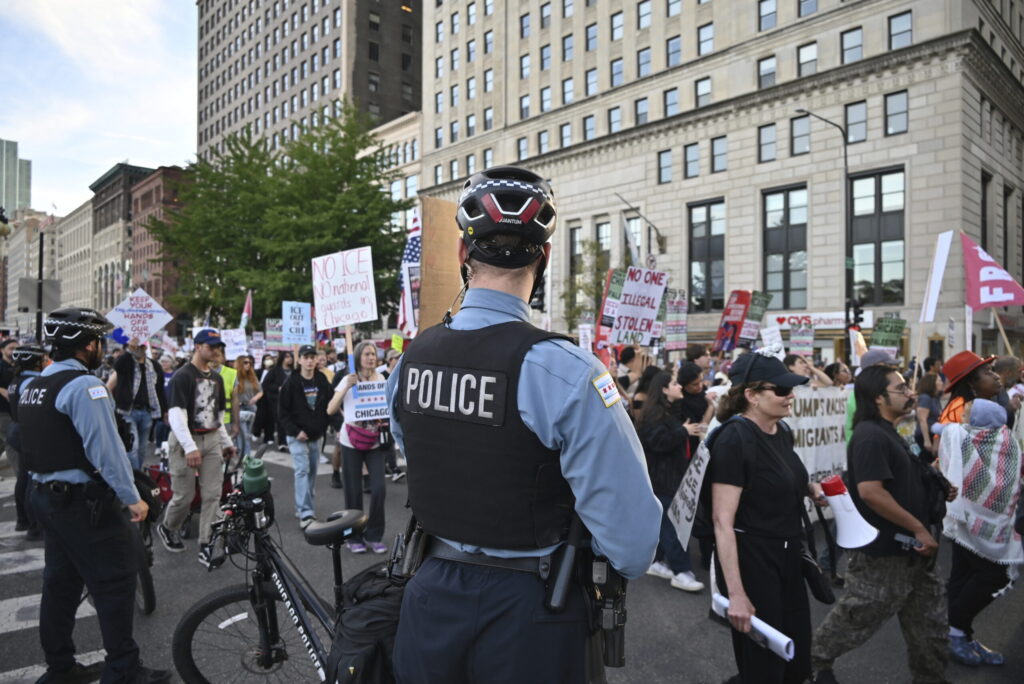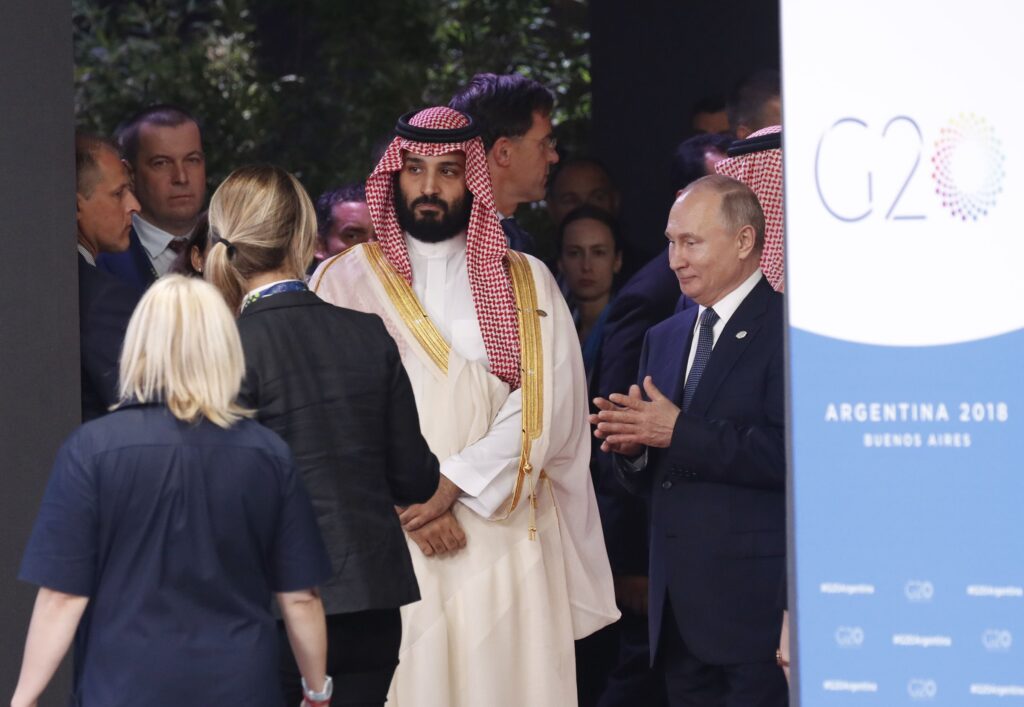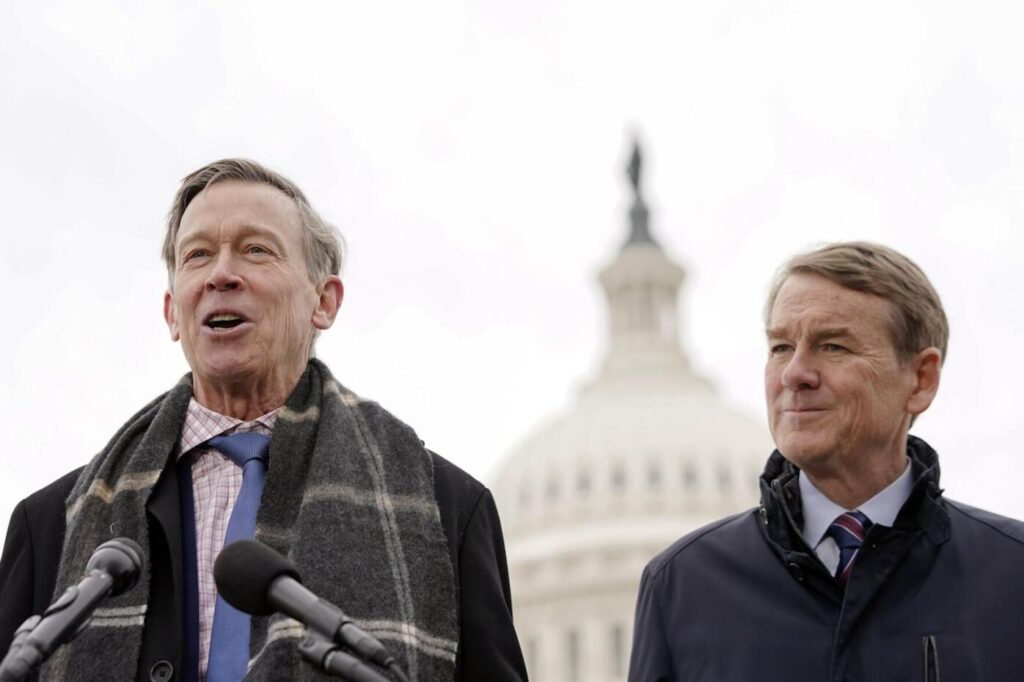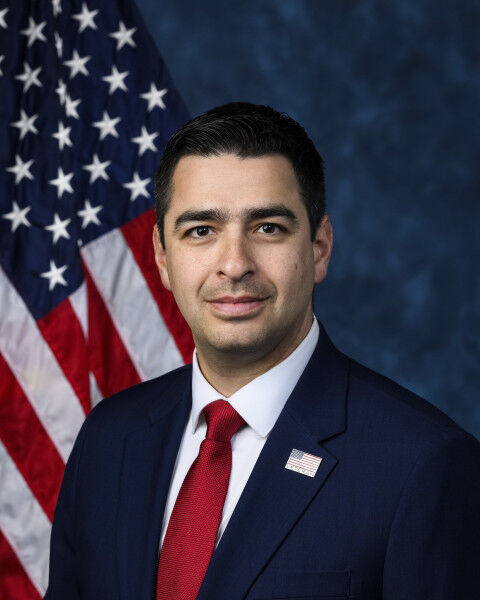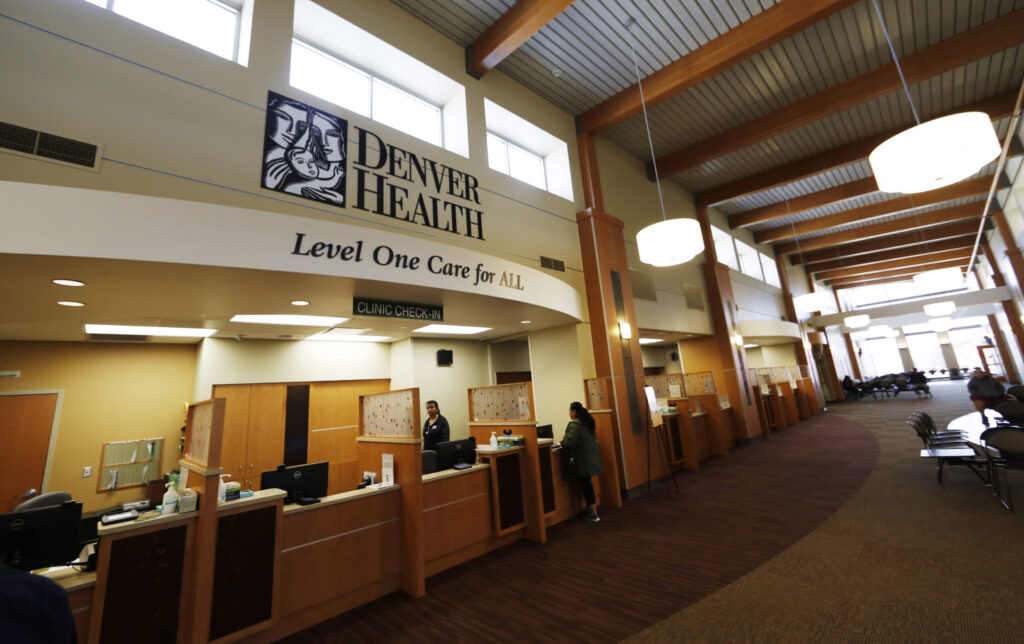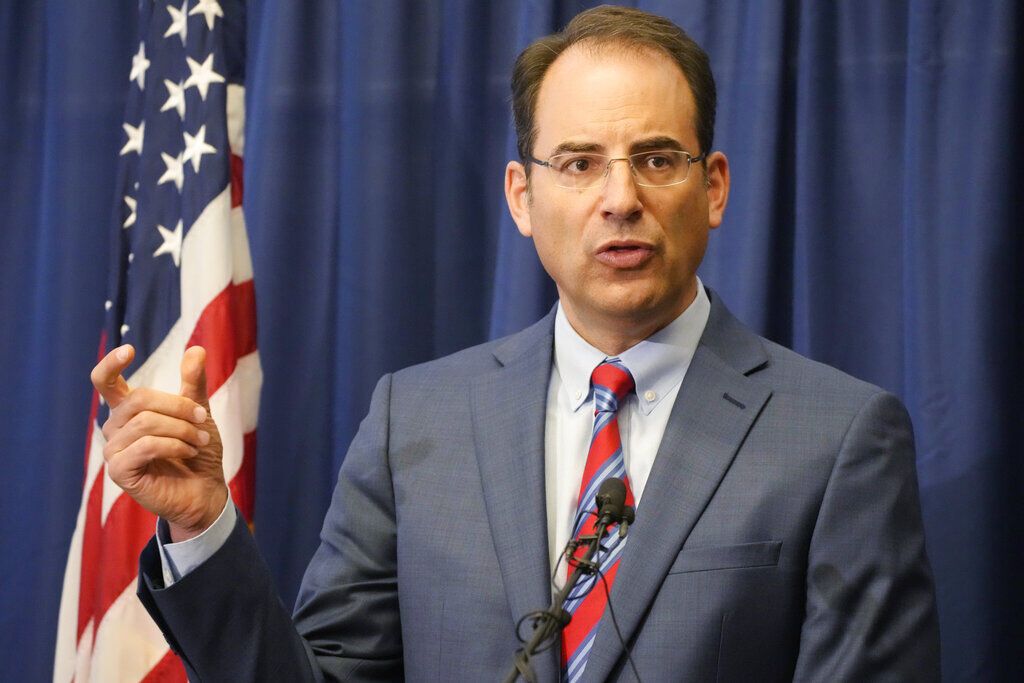Supreme Court could save Trump by overturning his tariffs
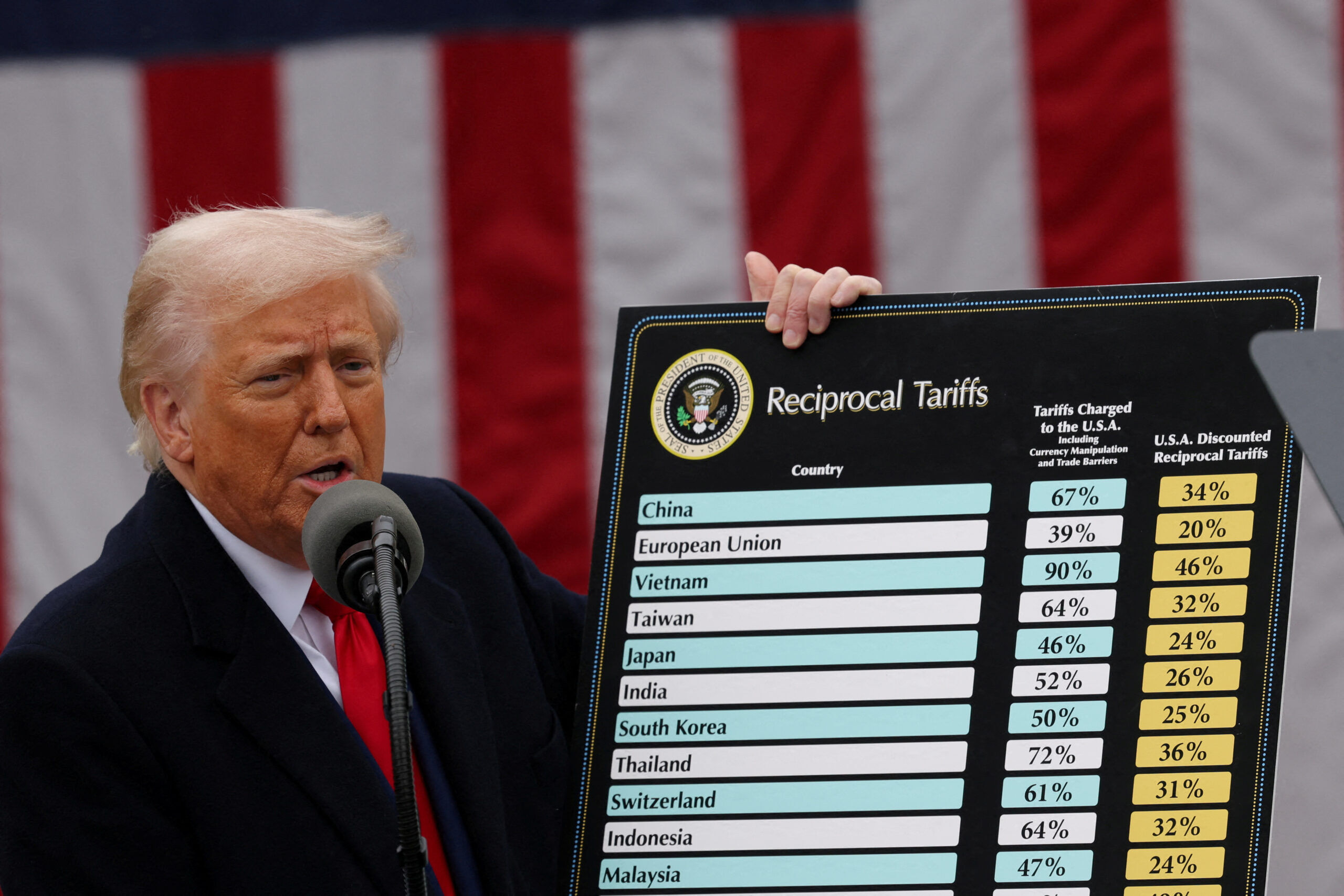
When President Donald Trump‘s sweeping tariff regime finally faced its day in front of the Supreme Court, justices were skeptical.
The Nov. 5 arguments revealed significant doubts about the administration’s signature policy, straddling the international and domestic realms.
Justices appeared unsure on Trump’s invocation of the International Emergency Economic Powers Act, a 1977 U.S. law that grants the president broad authority to regulate commerce and freeze assets during a declared national emergency. Their core concern seemed to be whether IEEPA grants the president power to unilaterally seize Congress’s Article I powers and levy tariffs at all.
Coincidentally, the oral arguments for the consolidated case of Learning Resources v. Trump came the morning after Republicans suffered crushing defeats in off-year, but fundamentally winnable gubernatorial elections in Virginia and New Jersey. Compared to 2024 Democratic presidential nominee Kamala Harris, who only beat Trump by 6 points in both states, Gov.-elect Abigail Spanberger (D-VA) and Gov.-elect Mikie Sherrill (D-NJ) won by 15 points and 13 points, respectively. Exit polls found the economy remains the most pressing issue.
All of this is to say that while the White House publicly maintains its displeasure with the Supreme Court for signaling its unlikelihood to let the tariffs stand, there’s a chance that the court’s refusal to play ball could prove a blessing in disguise. Specifically, if Chief Justice John Roberts does what he does best and threads the needle between the heady political implications of the case and the principled need to shut down a president’s unfettered power to impose import duties out of thin air, the court could bring the tariffs to an end without bankrupting the Treasury.
Recall that while Trump’s sole legal justification for the IEEPA tariffs is that “foreign economic aggression and chronic trade imbalances undermine the industrial base essential to the national defense of the United States,” Trump has personally focused on the tariffs as a mechanism to raise revenue. And indeed, they have! Of the nearly $200 billion in tariff revenue collected throughout fiscal 2025, the overwhelming majority came from the IEEPA tariffs. This added revenue contributed to a 4% reduction in the federal budget deficit, which, unlike the trade deficit, actually does materially harm the country’s national security.
But the revenue is not the legal rationale for the tariffs, a point that Trump’s own Solicitor General, D. John Sauer, had to reiterate for the court.
“These are regulatory tariffs,” said Sauer. “They are not revenue-raising tariffs. The fact that they raise revenue is only incidental. The tariffs would be most effective, so to speak, if no person ever paid them.”
The court seems to see that, despite the administration’s prior promises that it could easily refund tariffs if they were ultimately overturned, doing so in practice would be, as Justice Amy Coney Barrett noted, a “mess.” Luckily, Neal Katyal, the lawyer for the plaintiffs of all people, provided the out that investors may be looking for. While Katyal argued that the court could refund individual plaintiffs and direct other parties wronged in the parts to complicated administrative procedures, “this Court could limit its decision to prospective relief.”
Overturning the validity of the IEEPA tariffs but doing as Katyal suggested and limiting the decision to prospective relief could thread an incredibly difficult needle. The Roberts court, unusually obsessed with the Supreme Court’s public reputation and appearance of political interference, might consider such a ruling a way to balance limiting executive power without tanking the broader economy. And oddly enough, it could prove a gift to Trump.
While the tariffs have not produced broad-based inflation, they haven’t helped economic growth either. The record-setting government shutdown has also eliminated new economic data, but by all available indicators, Trump’s early marked success in reducing inflation came to a halt in the summer.
Furthermore, the tariffs are likely hamstringing employment by increasing input costs and continuing to sow uncertainty. As evidenced by the dismal election results for Republicans, the cost of living remains the most pressing issue for voters. It’s the single issue that won Trump back the White House, but it’s an issue he’s been neglecting in pursuit of the tariffs.
Should the Supreme Court manage to overturn the tariffs without refunding the revenue, Trump should take a public loss as a private win and return to focusing on economic growth instead of protectionism.


